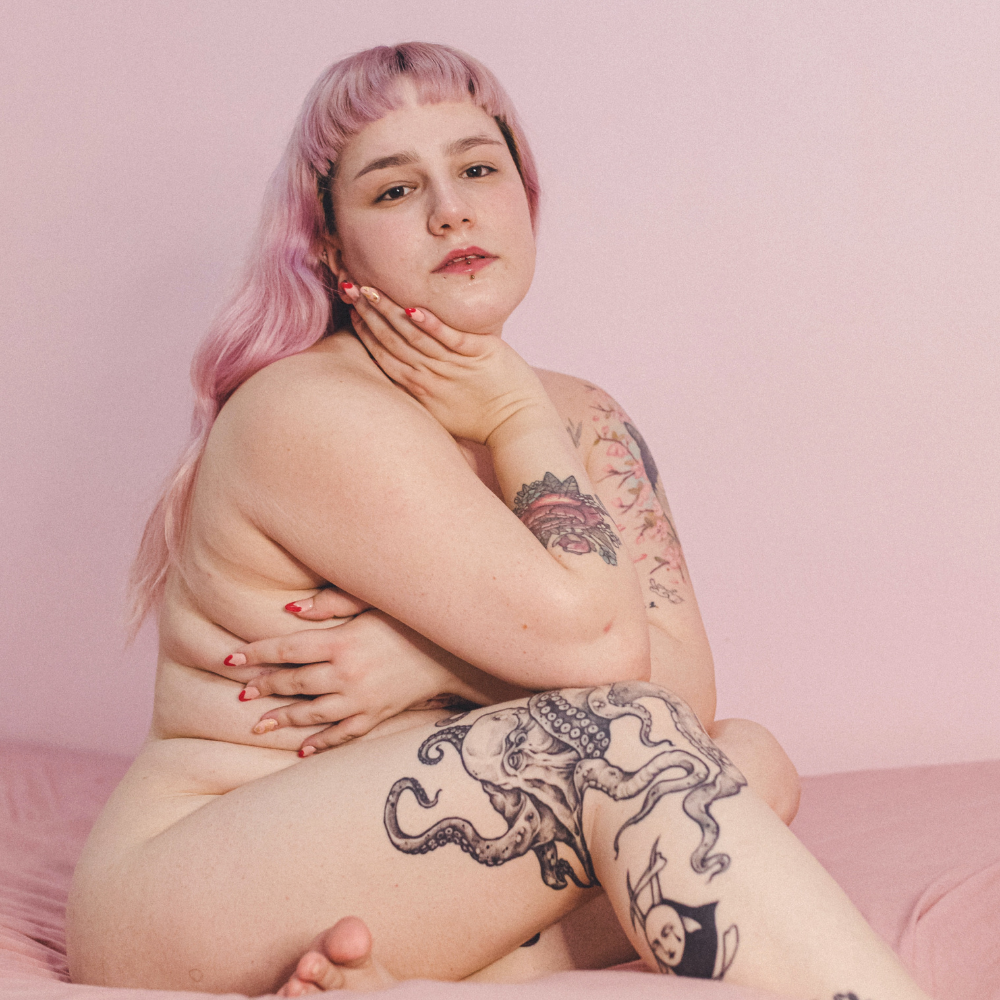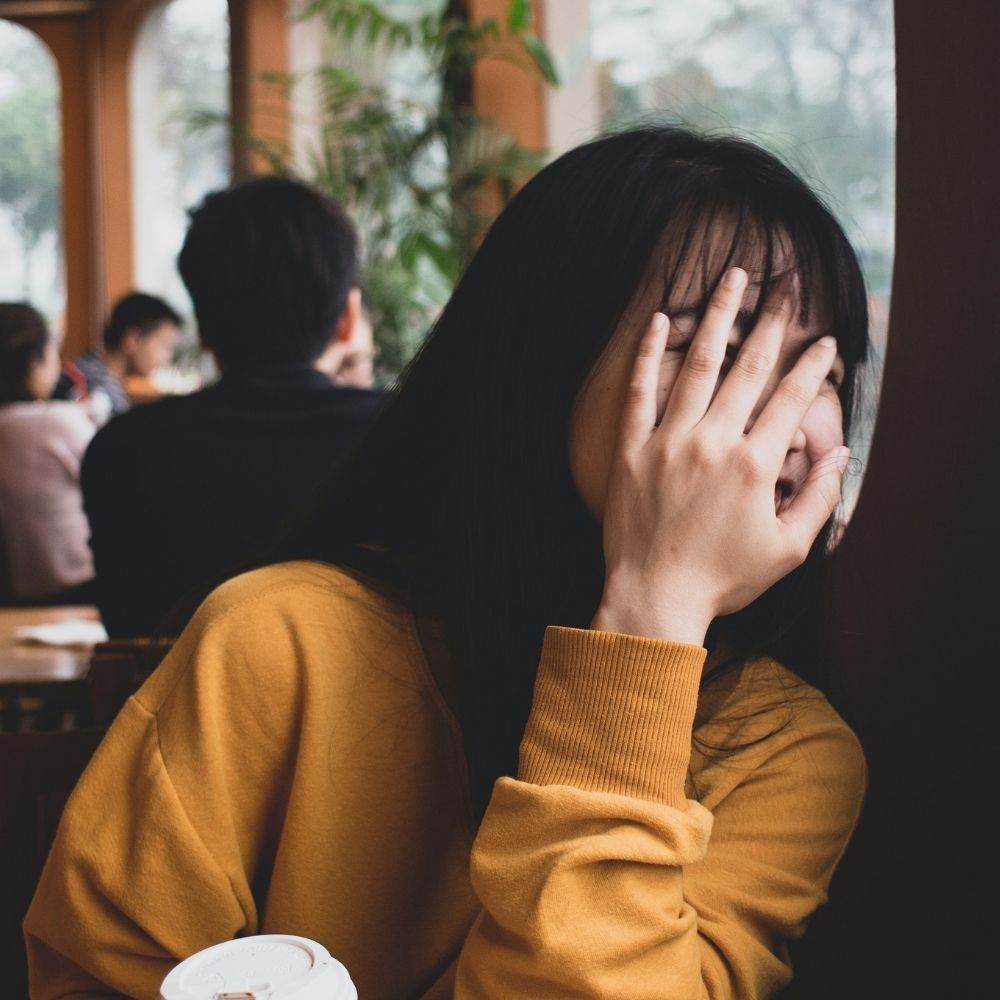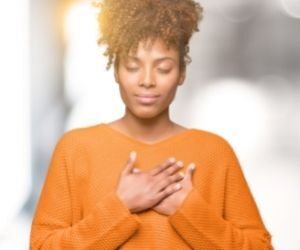| Contents: |
What’s the age of adulthood?
As I said in the introduction, most people tend to think that they become adults at the age of 18. It’s true, if the law considers you mature enough to vote, drive and drink alcohol, then you must be an adult! But this would be forgetting that the law isn’t the same everywhere in the world. For example, in the United States, the age of majority is 21. Does this mean that young Americans are less mature than the young French? Absolutely not, obviously 😬.
Personally, I didn’t feel like an adult at all when I was 18 and no more when I was 21. I felt like I was out of my depth and I panicked easily when I had to do administrative tasks, for example (then again, administrative phobia really does exist!). I know that many young people from generation Y are like me, it took them a long time to feel like adults. There’s actually a simple reason: at 18 or 21, your brain is not yet fully developed 🤯 !
You may be interested in this article >>> What is empathy?
When does your brain become an adult?
🧠 Oh yes, your brain takes time to fully mature, so that’s what we should refer to when we become adults. Neurological researchers at the University of Cambridge have established that the brain doesn’t reach adulthood at 18, but rather around… 30 😳!
A long transition
Indeed, during our twenties, our cortex undergoes too many changes, which change our personality and behavior. It’s even during this transitional period that certain psychological disorders can appear, such as bipolarity. Peter Jones, the neurologist in charge of the Cambridge study, explains that it’s therefore absurd to stick to a single definition, as the transition is much more nuanced and spread out over time. By the way, the period of adolescence extends from the age of 10 to 24, according to the study.
Longer adolescence
I, therefore, understand better why I didn’t feel like a real adult for a long time! The age of majority suits the system, like education, justice, or health, but you can’t say that you’re an adult at 18. We hear a lot of talk about “kidults” from the older generations 😅, but the Cambridge study proves that this term is irrelevant. We’re criticized for not being adults quick enough, but that’s because before, young people had no choice. You had to become an adult at 18. Now, we have the freedom to evolve as we wish 👀.
Nevertheless, beyond the neurological aspect, there’s something else that must be taken into account: our feelings and our experience.
How do you know when you’re an adult?
Even though our brains become more mature at the age of 30, I still sometimes find it difficult to feel like a true adult. One reason is that I feel that my deepest wishes are not at all in line with what society dictates. When I see 30-year-olds becoming parents and buying a flat or a house, I feel a long way from all that 😱. I aspire to be a digital nomad more than a mum at the moment (I wouldn’t say no to the house, though, haha). In the end, everyone is free to choose the path they want, but it contributes to having that feeling of not being an adult.
When experience makes us mature
It’s our life path that impacts how we feel about being an adult. I bet that 22-year-olds who are already parents feel much more like an adult than I do! Yes, there are milestones that make us advance more or less quickly on the path of “adultness” (as I like to call it 😬).
So in the end, when do we know that we’re an adult? Well, that depends on each person! For example, becoming totally financially independent by having my first job after graduating helped me to feel much more mature. Or moving out on my own, without my parent's help, and doing my taxes by myself.
In short, there are no rules and that’s normal, there are too many factors that have an impact on us becoming adults. To each their own pace 😉 !
Editor's note: Because we all need help and adviceSome of life’s challenges make us grow up faster than others, some people will feel like adults at 20 and others at 30, and that’s not a problem, to each their own pace as Camille says so well. However, the psychologist and clinician Eudes Séméria explains that the difficulty of leaving childhood and our relationship with our parents can prevent us from blossoming in our adult lives. If you’re feeling a certain amount of pain, if you’re unable to flourish, don’t hesitate to make an appointment with a psychologist. 🤗 Understanding yourself, accepting yourself, being happy... It’s here and now! #BornToBeMe |
Be sure to check out these articles too;















Did you like this article?
Want to know more 🤔 ?
Write directly to the authorLaurenHart !
Ask Lauren a question
Want to share your thoughts? Leave a comment